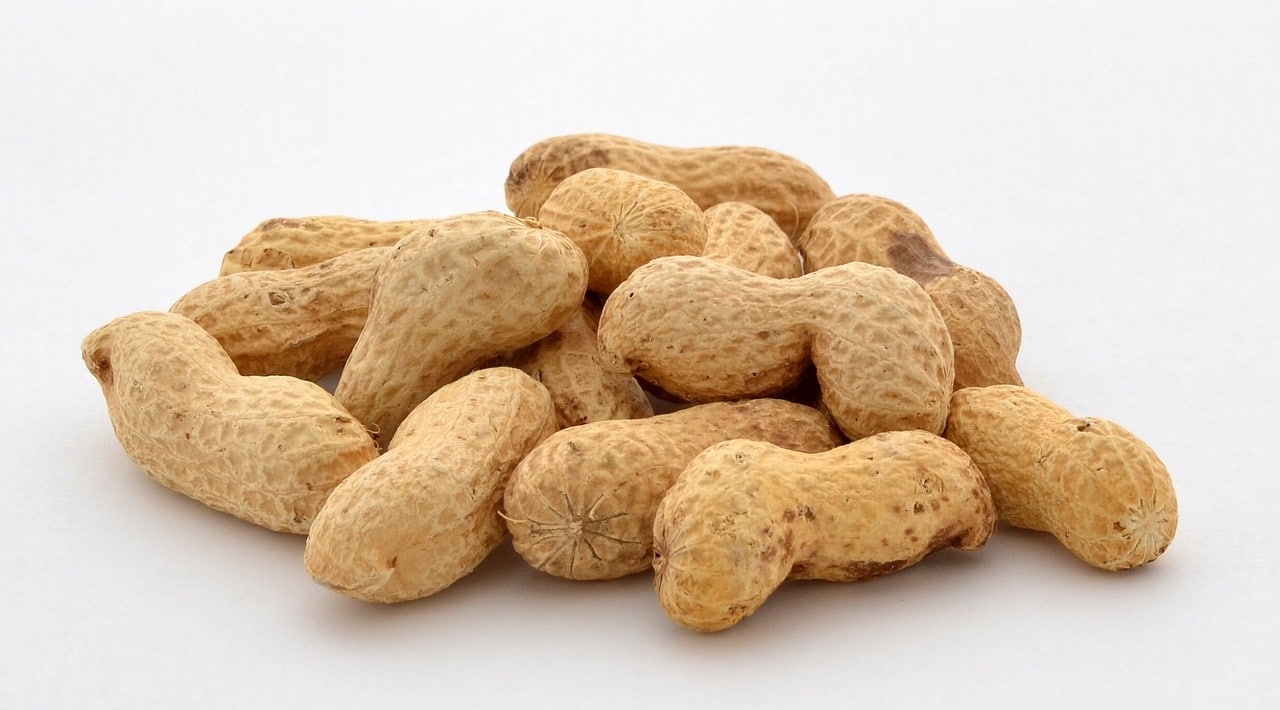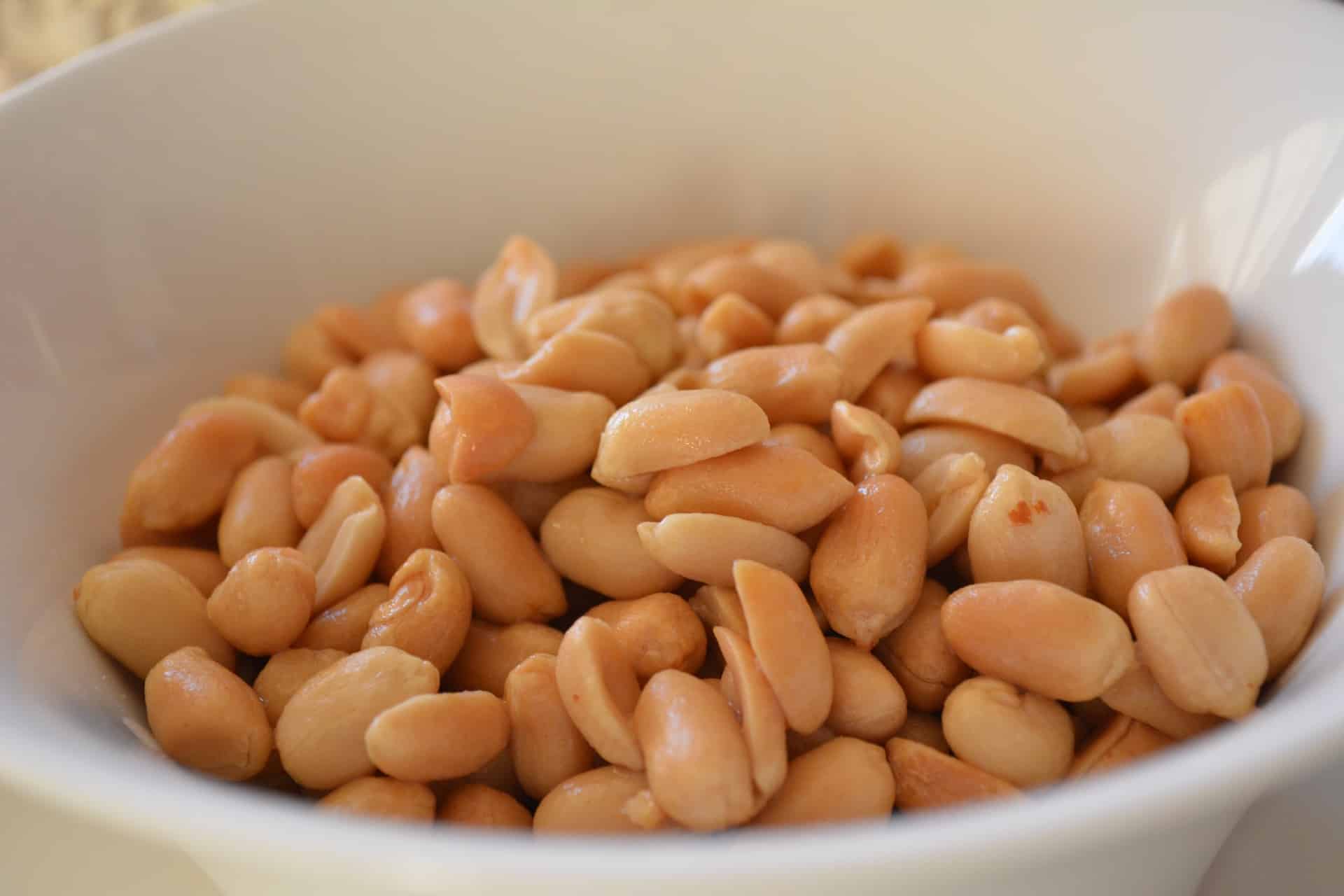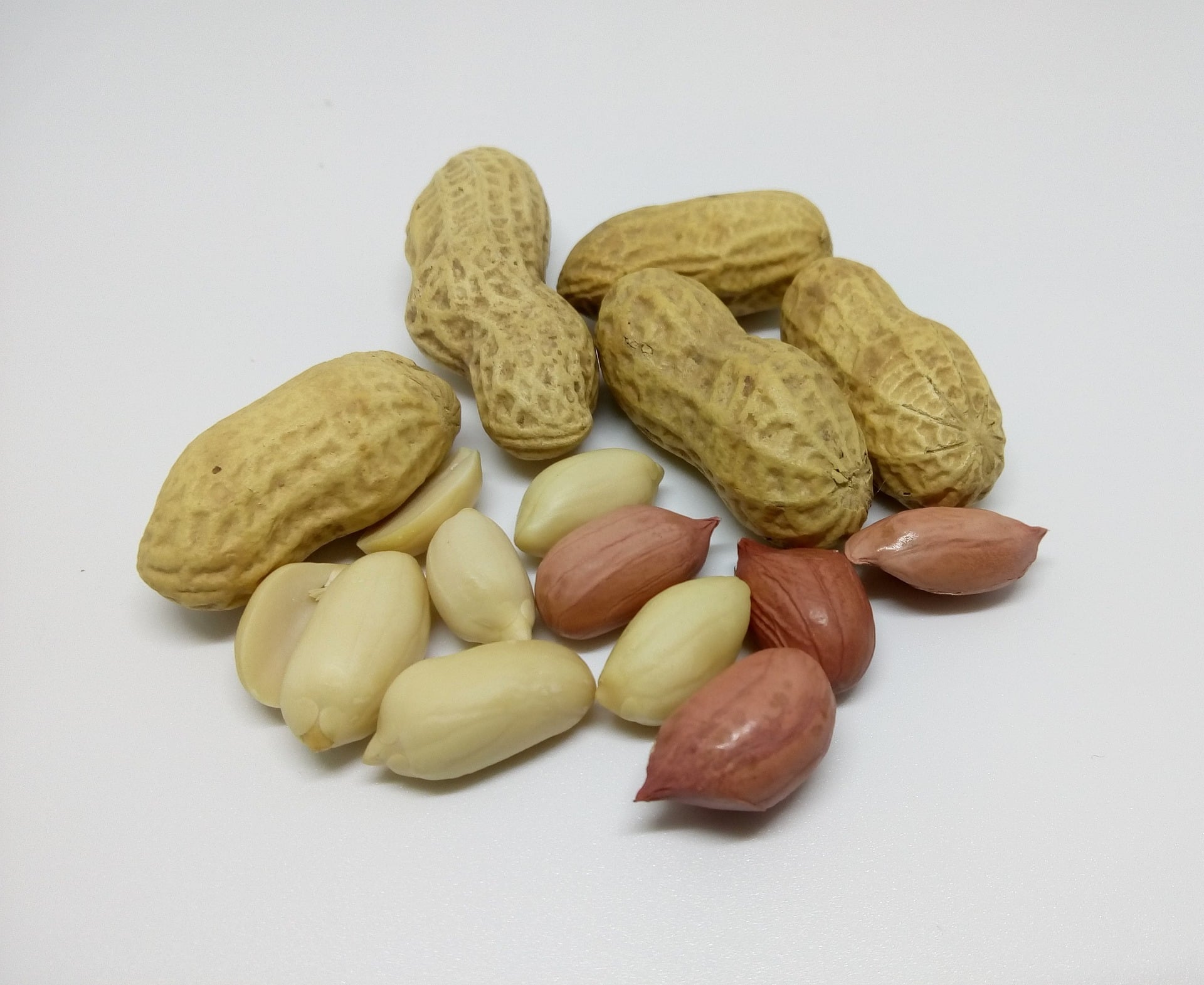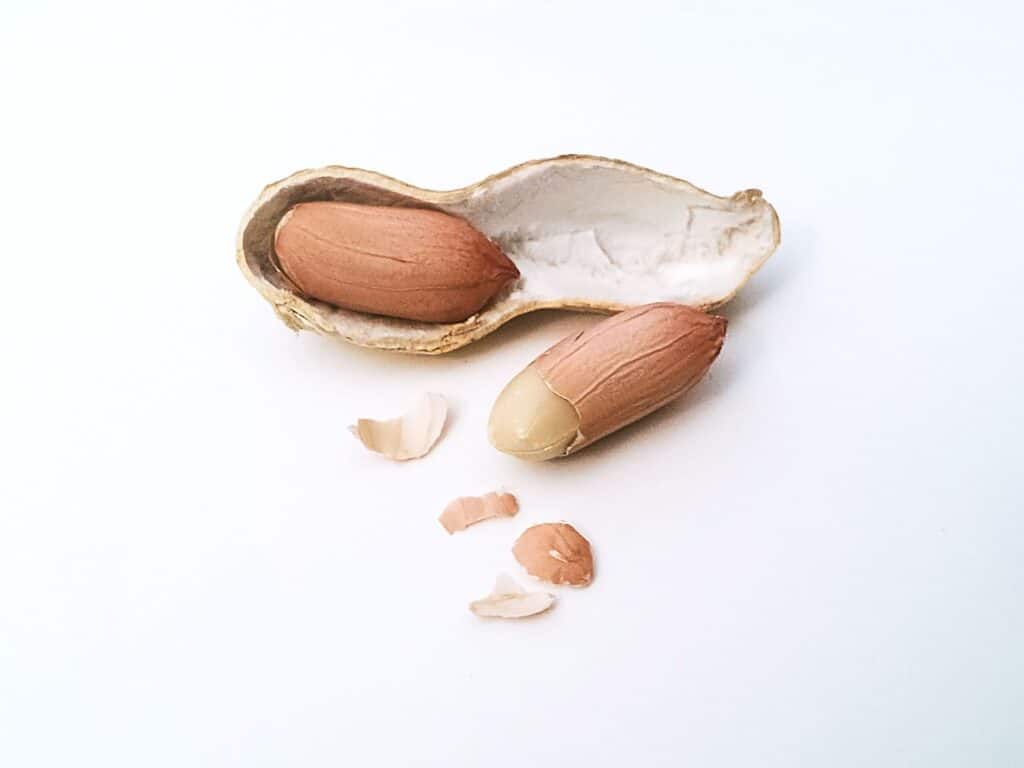Peanuts are a staple snack for many people all around the globe, and it’s easy to understand why. They are indeed a quick and convenient source of protein, fiber, and healthy fats. Well, peanuts may seem like a healthy snack option but they have some potential negative effects on health too. In this article, we’ll explore why peanuts are bad for you and the potential health risks of consuming them.
Peanuts Can Cause Allergies
Peanut allergy is one of the most common type of food allergy. Almost 1 in every 50 children and 1 in every 200 adults gets affected by this allergy. In peanut allergy, the immune system mistakenly identifies the proteins in this nut as a harmful ingredient and triggers an allergic reaction in the body. When someone with a peanut allergy consumes peanuts, their immune system responds by producing antibodies and histamine.
As this allergy vary from person to person, the symptoms are also different for each individual. These allergy symptoms can range from mild to severe and can include:
- Itching or tingling in the mouth or throat
- Hives or rash on the skin are major side effects of peanut on skin.
- Nausea, vomiting, or diarrhea
- Swelling of the lips, tongue, or face
- Difficulty breathing or wheezing
- Rapid or weak pulse
- Loss of consciousness
In severe cases, peanut allergy can cause anaphylaxis, a life-threatening reaction that requires immediate medical attention. Anaphylaxis can cause difficulty breathing, low blood pressure, and shock, and can be fatal if not treated promptly.
Beware Of Aflatoxin In Peanuts!
Most people are not aware what “Aflatoxin” is? How aflatoxin is dangerous and what food contains aflatoxin.
Aflatoxin is a toxic mold which specially grow on crops such as peanuts, corn, and other grains. As evident from its name, aflatoxin is a strong poison and is linked to liver cancer. Aflatoxin also creates other health problems such as reduced growth, immune suppression, and acute toxicity.
When crops are contaminated with the aflatoxin, the mold can linger in the crops even after they have been harvested and processed. This means that peanuts and related products can potentially contain aflatoxin, especially if they were not stored or processed properly.
It’s important to note that not all peanuts are contaminated with aflatoxin. The risk of aflatoxin exposure can be minimized by purchasing the products from reputable sources. Additionally, roasting peanuts can help to reduce the levels of aflatoxin present.
How Does High Calorie Content Of Peanuts Affect Us?

Peanuts contain a lot of calories in a small serving size. In fact, just a small handful of this snack can pack in over 100 calories. Consuming too many calories can have negative effects on your health. Here are some ways in which the high calorie content of this snack can be detrimental:
-
Peanuts Cause Weight Gain
Weight gain is one of the obvious side effect of peanuts. As they are a calorie-dense food, they are fattening. If you consume more calories than your body needs, you will gain weight over time. Excess weight can increase your risk of a range of health problems, including heart disease, diabetes, and certain cancers.
-
Cardiovascular Disease
Peanuts are also high in healthy fats, such as monounsaturated and polyunsaturated fats which are good for heart health. However, consuming too much of this snack increases your risk of cardiovascular disease. Especially if you have other risk factors such as high blood pressure, high cholesterol, or a family history of heart disease.
-
Diabetes
Eating peanuts can increase your risk of developing type 2 diabetes. A condition in which your body is unable to use insulin effectively to regulate blood sugar levels. Peanuts are also a source of carbohydrates, which can raise blood sugar levels if consumed in excess.
-
Nutritional Deficiencies
If you consume too many calories from this nut only, you may not be getting enough of other important nutrients that your body needs. Such as vitamins and minerals. It’s important to balance your intake with other healthy foods to ensure that you are meeting your nutritional needs.
Peanuts Can Contribute to an Excessive Intake of Omega-6 Fatty Acids

Peanuts are a rich source of omega-6 fatty acids which are essential fats that our bodies need to function properly. However, consuming too many omega-6 fatty acids relative to omega-3 fatty acids can be harmful to our health. Here are some ways in which this nut can contribute to an excessive intake of omega-6 fatty acids.
- Peanuts are often processed into oil. That is used in a variety of foods such as salad dressings, baked goods, and fried foods. Peanut oil is high in omega-6 fatty acids, which contribute to an imbalance of fatty acids in the diet.
- Peanut butter is rich with omega-6 fatty acids. While it can be a nutritious addition to the diet, a high omega-6 and low omega-3 fats, cause a disproportion ratio of fats. Excess use of these fatty acids lead to effects on blood clots, arthritis, and heart disease.
- Peanuts and its oil are often used in processed foods such as crackers, chips, and snack bars that is why peanuts are bad for your gut. These foods are high in omega-6 and unhealthy fats. This can trigger digestive issues such as gas, bloating, and diarrhea.
Tips For Eating The Peanuts In Right Balance

- Peanuts are high in calories, so it’s important to be mindful of how much you’re consuming. Stick to a small handful portion.
- Avoid consuming nuts that are high in salt or other additives. Instead, choose high-quality, unsalted peanuts to minimize your intake of excess sodium.
- Peanuts protein can be a healthy addition to a well-balanced diet which includes a mix of fruits, vegetables, whole grains, lean proteins, and healthy fats.
- Excessive amount of omega-6 fatty acids can contribute to inflammation when consumed in excess. So use other sources such as vegetable oils in your diet.
- To avoid contamination with aflatoxins, store peanuts properly in a cool and dry place.
In conclusion, peanuts may offer a range of health benefits, it’s wise to consume them in moderation. If you have a peanut allergy or sensitivity, avoid them!


